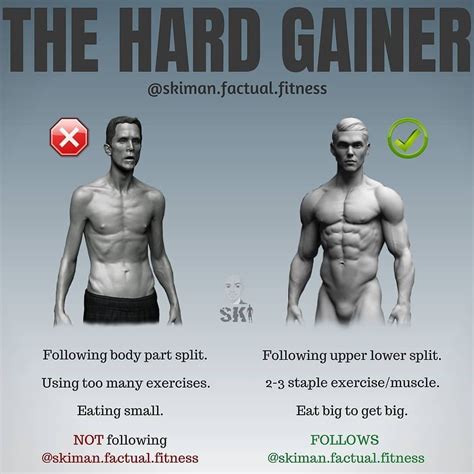How Long Does It Take to Gain Muscle Mass? A Realistic Timeline
Gaining muscle mass, often called hypertrophy, is a gradual process that depends on various factors. There's no magic number, but understanding the timeline and influencing factors can set realistic expectations and maximize your results. This guide will explore the timeframe involved and what you can do to accelerate muscle growth safely and effectively.
Factors Affecting Muscle Growth
Several elements significantly influence how quickly you build muscle:
1. Genetics:
- Muscle Fiber Type: Individuals naturally possess different ratios of fast-twitch and slow-twitch muscle fibers. Those with a higher percentage of fast-twitch fibers (associated with strength and power) often see faster gains. This is largely predetermined and beyond your control.
- Hormonal Profile: Testosterone, growth hormone, and insulin-like growth factor-1 (IGF-1) play crucial roles in muscle protein synthesis. Higher natural levels can contribute to faster muscle growth.
2. Training:
- Consistency: Regular, consistent resistance training is paramount. Inconsistent workouts will hinder progress. Aim for at least 2-3 full-body workouts per week.
- Progressive Overload: Continuously challenging your muscles by gradually increasing weight, reps, or sets is essential for continued growth. Your muscles adapt to the stress placed upon them. If the stimulus remains constant, growth plateaus.
- Proper Form: Correct exercise technique ensures you're effectively targeting the intended muscles and minimizes injury risk, crucial for consistent training.
3. Nutrition:
- Sufficient Calories: You need a caloric surplus to build muscle. This means consuming more calories than your body burns. A surplus provides the energy needed for muscle protein synthesis.
- Adequate Protein Intake: Protein is the building block of muscle. Aim for 1.6-2.2 grams of protein per kilogram of body weight (0.73-1 gram per pound).
- Nutrient Timing: Consuming protein after your workouts can aid muscle recovery and growth. However, overall daily protein intake is more crucial than precise timing.
4. Recovery:
- Sleep: Adequate sleep (7-9 hours per night) is vital for muscle repair and growth. During sleep, your body releases hormones essential for muscle growth and recovery.
- Stress Management: Chronic stress can hinder muscle growth. Find healthy ways to manage stress, such as exercise, meditation, or spending time in nature.
Realistic Timelines for Muscle Growth
While individual results vary drastically, here's a general guideline:
- Beginner Phase (First 6-12 Months): Beginners typically experience the most rapid muscle growth due to neuromuscular adaptations and an overall increase in muscle protein synthesis. You can expect noticeable gains within this timeframe.
- Intermediate Phase (1-3 Years): Progress slows as your body adapts to training. Consistent effort and strategic adjustments to your training program are crucial.
- Advanced Phase (3+ Years): Muscle growth becomes progressively slower. Fine-tuning training techniques, nutrition, and recovery strategies are key to continued progress.
Important Note: Don't focus solely on the timeline. Instead, concentrate on making consistent progress, improving your form, and gradually increasing the intensity of your workouts.
Accelerating Muscle Growth Safely
- Focus on Compound Exercises: Squats, deadlifts, bench presses, and overhead presses work multiple muscle groups simultaneously, maximizing muscle growth efficiency.
- Prioritize Proper Form Over Weight: It's better to lift lighter weights with perfect form than heavier weights with poor form. Poor form increases the risk of injury, halting your progress.
- Listen to Your Body: Rest when you need to, and don't push through pain. Adequate recovery is crucial for muscle growth.
- Seek Professional Guidance: A qualified personal trainer or strength coach can create a tailored program based on your individual needs and goals.
Building muscle takes time, dedication, and a holistic approach encompassing training, nutrition, and recovery. By focusing on these areas and setting realistic expectations, you'll significantly increase your chances of achieving your muscle-building goals. Remember, consistency is key!
